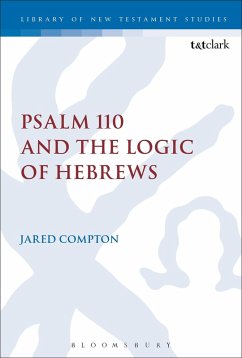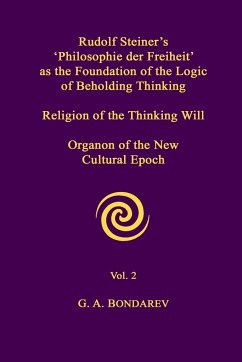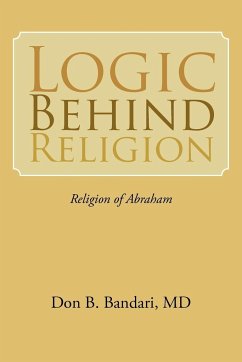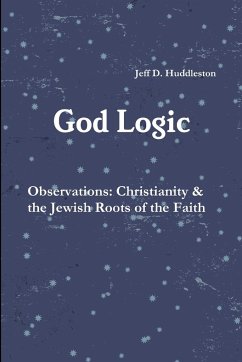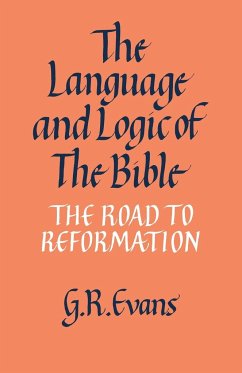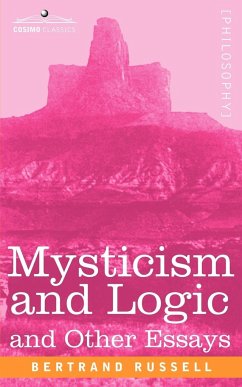
Mysticism and Logic and Other Essays
Versandkostenfrei!
Versandfertig in 1-2 Wochen
20,99 €
inkl. MwSt.

PAYBACK Punkte
10 °P sammeln!
First published in 1918, this collection from famous philosopher Bertrand Russell contains previously published works slightly refined for their new printing. Among these essays are: . "Mysticism and Logic" . "The Place of Science in Liberal Education" . "On the Notion of Cause" . "The Ultimate Constituents of Matter" As an analytic philosopher, Russell's work focuses on the use of logic and science to explore philosophical ideas. And, conversely, he uses philosophy to study scientific systems and scientific inquiry. He opens the book with "Mysticism and Logic," a discussion of the two major i...
First published in 1918, this collection from famous philosopher Bertrand Russell contains previously published works slightly refined for their new printing. Among these essays are: . "Mysticism and Logic" . "The Place of Science in Liberal Education" . "On the Notion of Cause" . "The Ultimate Constituents of Matter" As an analytic philosopher, Russell's work focuses on the use of logic and science to explore philosophical ideas. And, conversely, he uses philosophy to study scientific systems and scientific inquiry. He opens the book with "Mysticism and Logic," a discussion of the two major impulses in human and philosophical thought. Here he makes his case for the importance and fundamental necessity for his brand of philosophy. These essays are technical in nature, but students of philosophy and dedicated readers will receive a wealth of knowledge for their efforts. British philosopher and mathematician BERTRAND ARTHUR WILLIAM RUSSELL (1872-1970) won the Nobel Prize for Literature in 1950. Among his many works are Why I Am Not a Christian (1927), Power: A New Social Analysis (1938), and My Philosophical Development (1959).



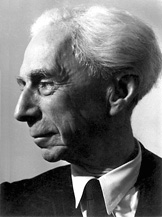
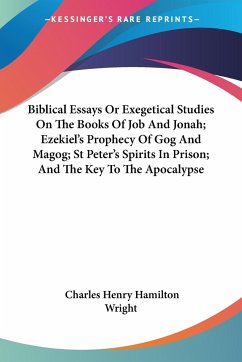
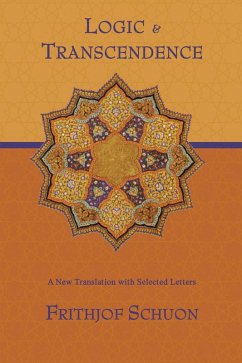
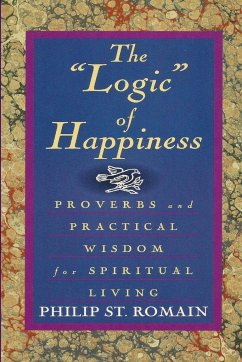
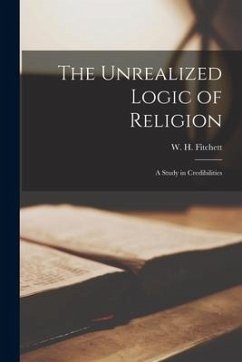
![The Logic of the Christian Faith [microform]: Being a Dissertation on Scepticism, Pantheism, the a Priori Argument, the a Posteriori Argument, the Int Cover The Logic of the Christian Faith [microform]: Being a Dissertation on Scepticism, Pantheism, the a Priori Argument, the a Posteriori Argument, the Int](https://bilder.buecher.de/produkte/66/66140/66140399n.jpg)
